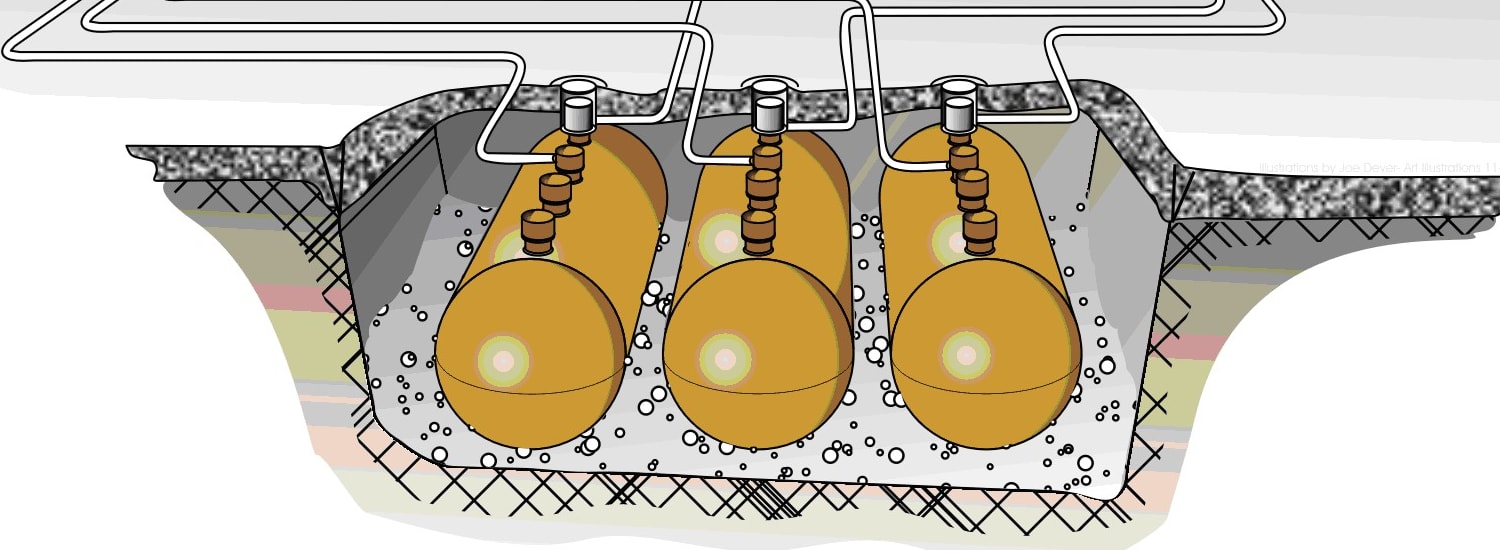
Monthly Compliance Inspections for Underground Storage Tanks
Underground storage tanks (USTs) are commonly used to store petroleum products, chemicals, and other hazardous materials. However, USTs pose a significant risk to the environment and public health if they are not properly managed. Monthly compliance inspections are essential to ensure that USTs are functioning correctly and are not leaking hazardous substances into the surrounding soil and water.
What to Expect in a Monthly Compliance Inspection
Monthly compliance inspections involve a visual inspection of the UST system, including the tanks, piping, and associated equipment. The inspector will check for any signs of leaks, corrosion, or damage to the UST system. They will also verify that all equipment, such as pumps and alarms, are functioning correctly. In addition, the inspector will review the UST system's records, including maintenance and leak detection records, to ensure that the UST system is being properly managed.
Why Monthly Compliance Inspections are Necessary
Monthly compliance inspections are necessary to ensure that USTs are not leaking hazardous substances into the environment. Leaking USTs can contaminate soil and groundwater, which can lead to environmental damage and pose a risk to public health. Monthly compliance inspections can identify potential problems early on, allowing for timely repairs and preventing further damage.
Monthly compliance inspections are required by law. The Environmental Protection Agency (EPA) and state agencies have regulations in place that require UST owners and operators to perform regular inspections and maintain records of their UST system's maintenance and leak detection activities.
How Monthly Compliance Inspections Prevent Ecological Damage
Monthly compliance inspections of USTs play a critical role in preventing ecological damage caused by leaking tanks. By identifying potential problems early on, UST owners and operators can take corrective action to prevent leaks and minimize the impact of any leaks that do occur. This can include repairing or replacing damaged equipment, improving maintenance practices, and implementing more effective leak detection methods.
By preventing UST leaks, monthly compliance inspections help protect soil and groundwater from contamination. This, in turn, helps protect the plants and animals that depend on these resources for survival. By preventing ecological damage, monthly compliance inspections also help protect human health, as contaminated soil and water can pose a risk to human health if consumed or used for irrigation or other purposes.


